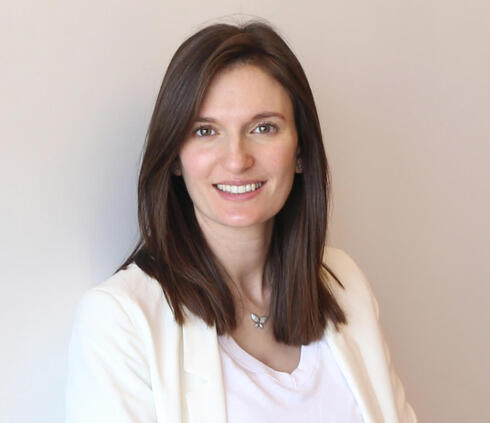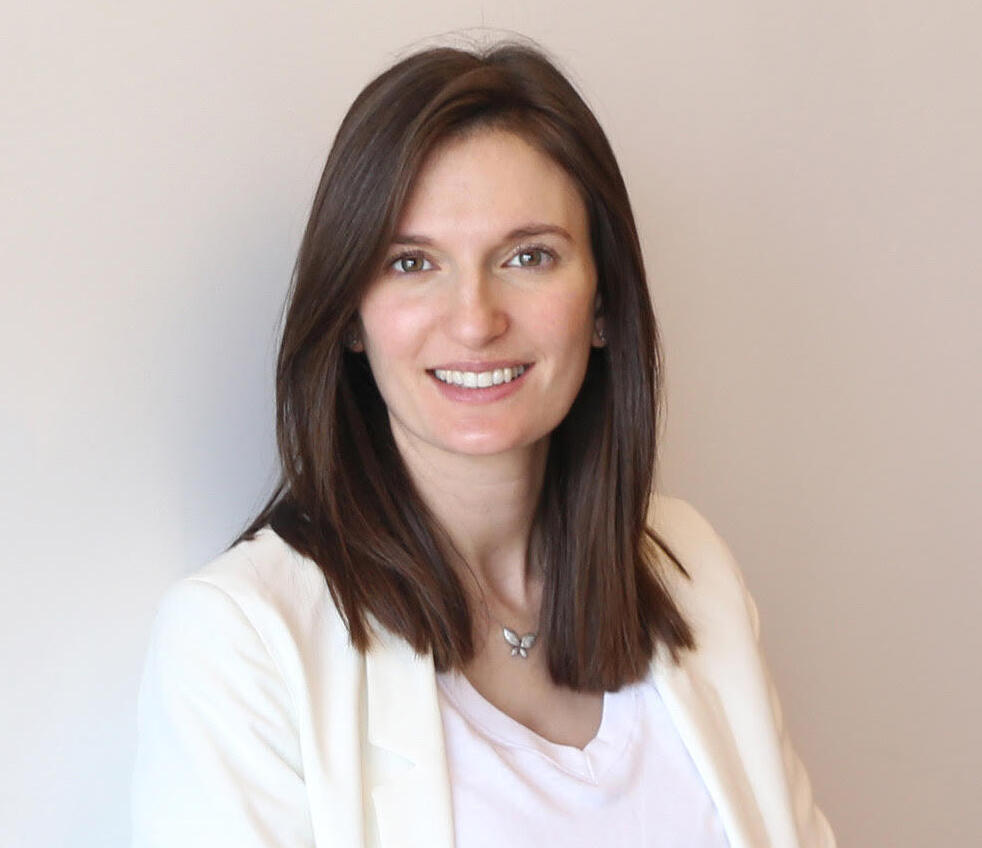
Founders on Sofas
Navigating Identity: Insights from startup founders post exit
As founders transition from the intense demands of building and selling their companies to a new chapter in their lives, questions arise about the impact of this transition on their sense of self, identity, and well-being
The journey of startup founders towards exit is often celebrated as a symbol of success. Yet, beneath the surface of accolades and achievements lies a complex and often overlooked reality: the psychological experiences of founders post-exit. As founders transition from the intense demands of building and selling their companies to a new chapter in their lives, questions arise about the impact of this transition on their sense of self, identity, and well-being.
The Social Identity Theory offers valuable insights into the psychological experiences of founders post-exit. According to this theory, individuals derive a significant part of their identity from the groups they belong to. For founders, their entrepreneurial role and the company they built often become central to their social identity. As one second-time founder put it, "Being a founder is always worrying about what's going to go wrong, what will break next."
Curious about what happens to this specific social identity after founders sell their companies, I embarked on conversations with three well-known, successful post-exit Israeli startup founders: Ran Ribenzaft, Noa Zilberman, and Idan Gindi. All three, at a very young age, had the privilege (and challenge) of building their own companies and selling them to industry giants like Cisco, CheckPoint, and Datadog. It was no surprise to discover that this experience wasn't all fun and confetti but also came with hardships, existential questions, and moments of doubt. As Noa beautifully expressed it, "At 30, absolute freedom is not so fun."
The Social Identity Theory introduces the concept of 'Social Mobility', which refers to individuals' ability to move between different social groups or identities. For founders like Noa, Ran, and Idan, the transition from being startup founders to founders post-exit can be seen as a form of upward social mobility. This shift involves moving from a social group characterized by the financial, professional, and personal challenges of startup entrepreneurship to one associated with success, financial stability, and higher status due to a successful exit.
"You transition from having endless amounts of stress and pressure to deliver all the time, to the mood of an employee, all in one day." Idan shares. "Suddenly, someone buys all your troubles. As my husband and I traveled abroad and spent time with family, the focus shifted from work, stress, and delivering to family and experiences," adds Noa. "Having no phones, no late-night zoom calls, and no worries allowed me to spend quality time with my family, something I tried to do for a long time but I couldn't" Idan reflects.
While one might expect this lifestyle upgrade to bring about peace, contentment, and happiness, as the Social Identity Theory suggests, the loss of the core identity as startup founders may lead to mixed feelings. Excitement, satisfaction, and happiness may accompany feelings of disconnection and isolation. "From being a semi-public figure, managing hundreds of employees, and speaking at conferences, suddenly I feel lost. In part, my voice was taken away, as well as my power, employees, and product," Noa explains.
Both Noa and Ran draw parallels to cheats in the Sims game: once you discover the cheat and build a pool and a huge wardrobe for your Sim, the game becomes less interesting. "Life teaches you that there is a goal, and you work towards it and are rewarded accordingly. Suddenly, you are removed from the game; you receive the reward, but you are not given another goal to make up for the lost one," says Noa. "We were the new toy everyone wanted to play with during the first half-year following the sale. As the company and employees became more familiar with the product and enthusiasm faded, the load decreased, and a vacuum remained. I became an official product manager in the company, which felt like a serious downgrade from my previous position as founder and Chief Product Officer."
When individuals lose a certain identity according to the Social Identity Theory, it can have various manifestations and implications for their psychological well-being and social interactions. Losing an identity can prompt individuals to reevaluate their values, beliefs, and priorities as they navigate their sense of self and purpose in the absence of their former identity. "In the beginning, I felt empty. There was nothing left to accomplish; supposedly, I have achieved everything in life, and I can do and buy anything I want," shares Ran. "I was working to figure out how the new situation would affect my life and that of my family was my main concern," says Idan. "I kept experiencing a strong sense of 'what just happened here?!' after the exit, it was a feeling of discomfort, not necessarily a sense of climax," he adds. Losing an identity often prompts individuals to search for a new identity or role that provides a sense of belonging and purpose. This search may involve exploring new interests, hobbies, or social groups. While losing an identity can be challenging, it can also create opportunities for personal growth, self-discovery, and transformation as individuals explore new aspects of themselves and their potential.
My conversations with Ran, Noa, and Idan have revealed that the new identity aims to protect their former identities and lives as 'normal' individuals while also acknowledging their new status as post-exit entrepreneurs. Ran tells me that he maintains the same lifestyle, and still lives in the same rented apartment in Tel Aviv. "I say Cisco when people ask where I work, even though working in a corporation is the opposite of who I am. I use it to preserve my image not only in the eyes of the world, but also in my own. The first thing I want people to know about me is who I am; only then will I reveal information that may paint an inaccurate picture of me."
Founders can benefit from integrating their past identity as startup founders with their new identity as post-exit entrepreneurs. This can help maintain a sense of continuity and connection with their entrepreneurial journey while embracing their new role and status. "Founders often feel sad and anxious after exiting their companies, and they struggle to enjoy the new situation they created for themselves. The idea of self-seeking isn't my thing; I surround myself with friends and family, that fills me up and I engage in activities unrelated to the usual X-Founder activities, like new tech adventures and angel investing," says Idan. "As much as possible, my wife and I try to keep the size of the event down; we want to keep things the same with our friends and family. I don't feel like the Israeli success story others might see in me, and I behave like the person I have always been regardless of the exit."
Both Idan and Ran report accepting social mobility but feel dissonant about it. Ran describes making a conscious decision when and how to ‘cross over’ to the new social group, and it is the exception, not the rule. "When I deliberately 'wear' the post-exit founder uniform, it is usually for a very specific purpose of doing business or doing good," shares Ran
In the ever-evolving landscape of entrepreneurship, the journey of founders post-exit serves as a poignant reminder of the multifaceted nature of success. As they navigate the twists and turns of identity reconstruction, founders like Ran, Noa, and Idan offer valuable insights into the resilience of the human spirit and the transformative power of self-discovery. Through introspection, adaptation, and a steadfast commitment to authenticity, these founders pave the way for a new generation of entrepreneurs to embrace the complexities of the entrepreneurial journey with courage and humility.
Noa Matz is an early-stage investor, a certified Psychologist, and a professor at IDC University














